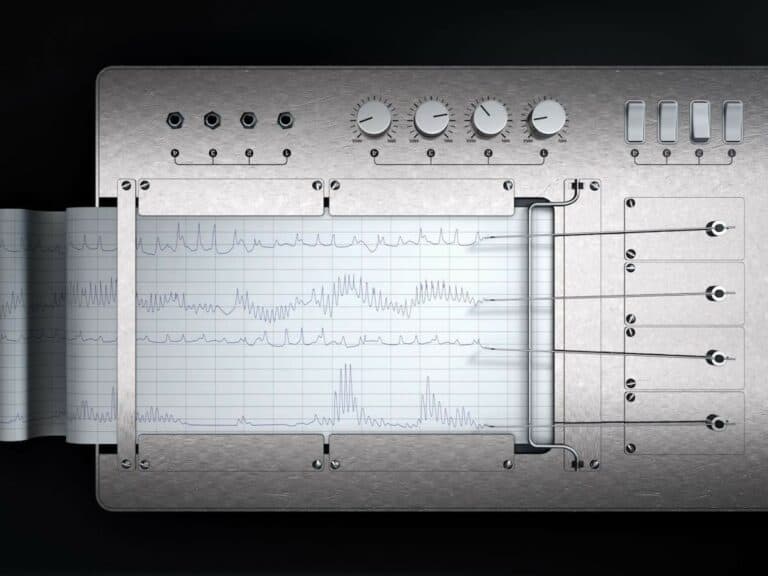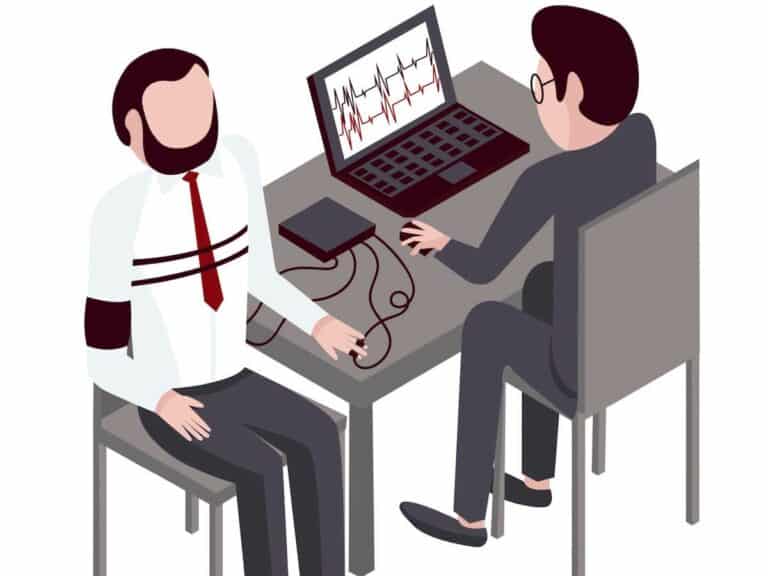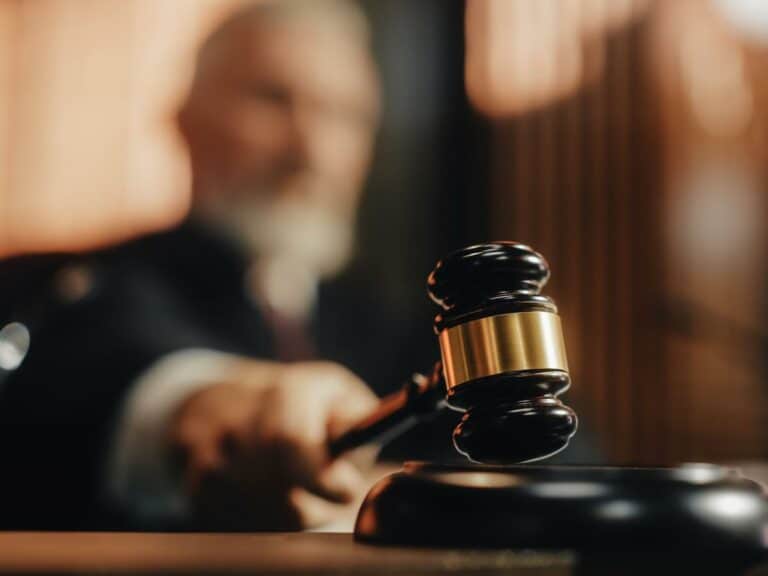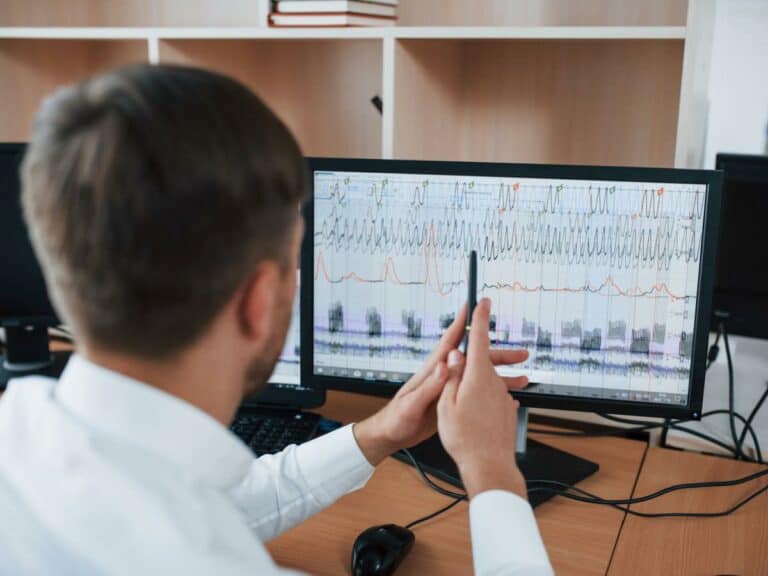Does Caffeine Affect a Polygraph?
A polygraph machine is on the lookout for substantial changes in the various physiological processes of an examinee while he or she is strapped to it. They include blood pressure and heart rate, both of which can be affected by caffeine. Due to this, you may be wondering if having a cup of coffee on the day of the test is fine.
Especially if the subject is accustomed to drinking coffee on a daily basis, it’s unlikely for caffeine to affect his or her polygraph test. As a matter of fact, skipping coffee can hurt the examination results. When scheduled for a lie detector test, it’s recommended for the examinee to follow a usual routine.
Read on if you can’t start your day without having coffee and you are scheduled for a polygraph exam.
In this post, you will learn why momentarily avoiding a day’s dose of caffeine can actually do more harm than good for someone who is about to undergo a lie detector test. So make sure that you check out its entirety while having your favorite cup of java — you will learn that there’s nothing to fear.
Read Also: 5 Things That Can Mess Up a Polygraph Test
Why is Maintaining a Normal Routine Important?
According to a Northwestern Medicine report, having a routine helps promote wellness by means of structure and organization. By following one’s usual routine on the day of the polygraph examination, the subject will be able to control stress and anxiety so much better than when changing everything for the test.
Undergoing a polygraph exam is a big deal no matter if you want to clear your name or show your eligibility for a sensitive job. But the thought that it’s a very important thing is more than enough to make you stressed.

In the world of polygraphy, stress is a no-no among subjects who wish to get a pass.
Fortunately, for those who are scheduled for a lie detector test, there are many ways to lower one’s stress levels.
And a very effective one is following a normal routine where it seems like no polygraph test will take place sometime during the day. Doing so gives you a sense of control over things, which can increase your confidence and reduce your anxiety.
If you are a coffee drinker, then having a normal routine would mean having your favorite caffeinated beverage as usual.
Whether it’s the first thing you have in the morning or you order takeout on your way to the office, enjoying coffee enables you to reduce your stress on the day of your polygraph.
Avoiding caffeine for fear of it affecting the result of the test, on the other hand, can be detrimental.
Not only can it put your normal routine in shambles but may also make you fail your lie detector exam as a result of caffeine withdrawal, which is very much likely for you to experience if you are used to having coffee daily.
Caffeine Withdrawal and Its Impact on Lie Detectors
Simply put, caffeine withdrawal, which is a recognized medical diagnosis, occurs when someone who has been consuming coffee or any other caffeinated beverage quits taking it all of a sudden. If the body is accustomed to or dependent on caffeine, abruptly removing the stimulating substance from the diet can cause it.
Before anything else, let’s get one thing straight: only those who habitually drink coffee, even just a small cup of it per day, are likely to experience caffeine withdrawal.
The more caffeine you are used to, generally speaking, the worse the caffeine withdrawal is.
According to a report that appeared on the website of the University of Massachusetts – Amherst, caffeine is habit-forming but not necessarily addictive. Still, the fact that your body can have a dependence on the substance is enough for you to experience withdrawal from it as soon as you stop taking caffeine.
Caffeine withdrawal can cause an assortment of symptoms, many of which can leave you feeling uncomfortable while undergoing a lie detector test. The result, because of this, may not be accurate.
Symptoms of Caffeine Withdrawal
Caffeine withdrawal can cause a variety of symptoms, which can vary from person to person. Some of the most common ones are headache, nausea, vomiting, lightheadedness, depression, anxiety and brain fog. The symptoms usually start within 12 to 24 hours after the cessation of caffeine intake and may last from 2 to 9 days.
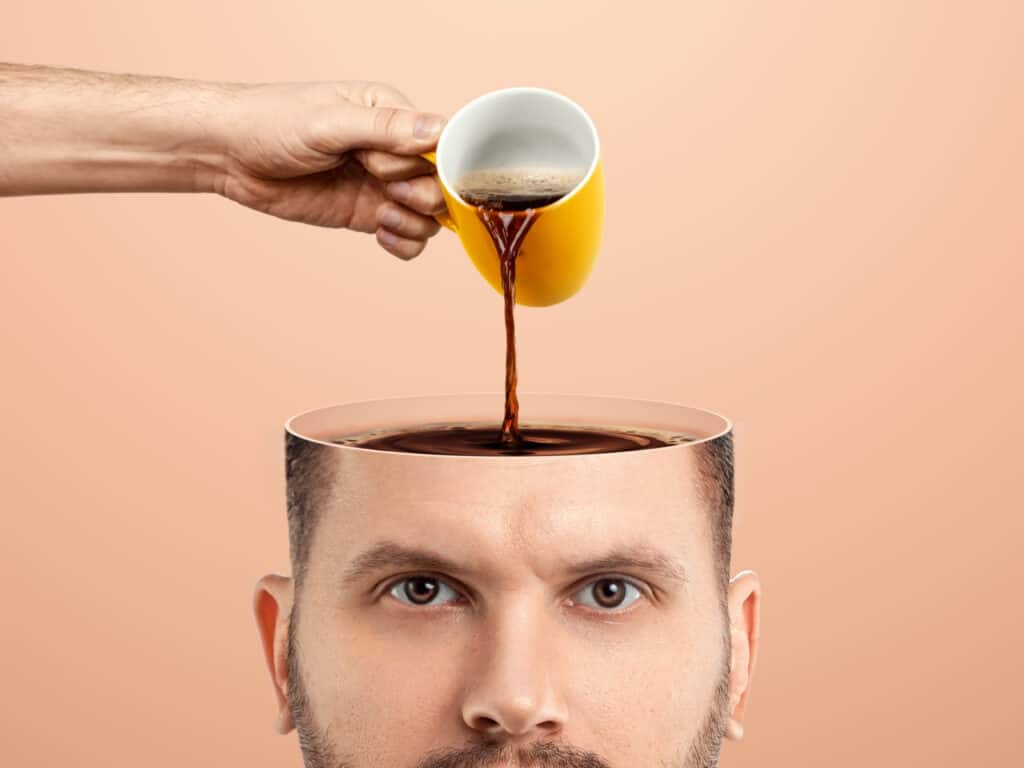
If there’s an important piece of advice that anyone who is about to take a polygraph exam — for a criminal investigation, job application, security clearance or any other purpose — needs to remember, it’s none other than to relax.
Needless to say, being a nervous wreck can cause havoc on the test’s outcome.
But for someone who is experiencing caffeine withdrawal as a result of suddenly quitting coffee for fear of failing a lie detector test, it can be very challenging to remain cool, calm and collected during a polygraph examination. That’s because it can come with a host of symptoms that can affect one’s performance while having the test.
Headache and nausea are some of the most common symptoms of caffeine withdrawal. Naturally, experiencing them can cause your various physiologic processes to become elevated or accelerated.
While withdrawing from caffeine, your brain may not work as effectively as when you have caffeine in your system. This may keep you from properly analyzing yes or no questions that the examinee will ask you throughout the test, thus increasing your likelihood of giving the wrong answers each time.
You may also have a difficult time processing everything the examiner will discuss during the pre-test phase, which can help get rid of unnecessary stress and anxiety caused by a lack of sufficient understanding of the examination.
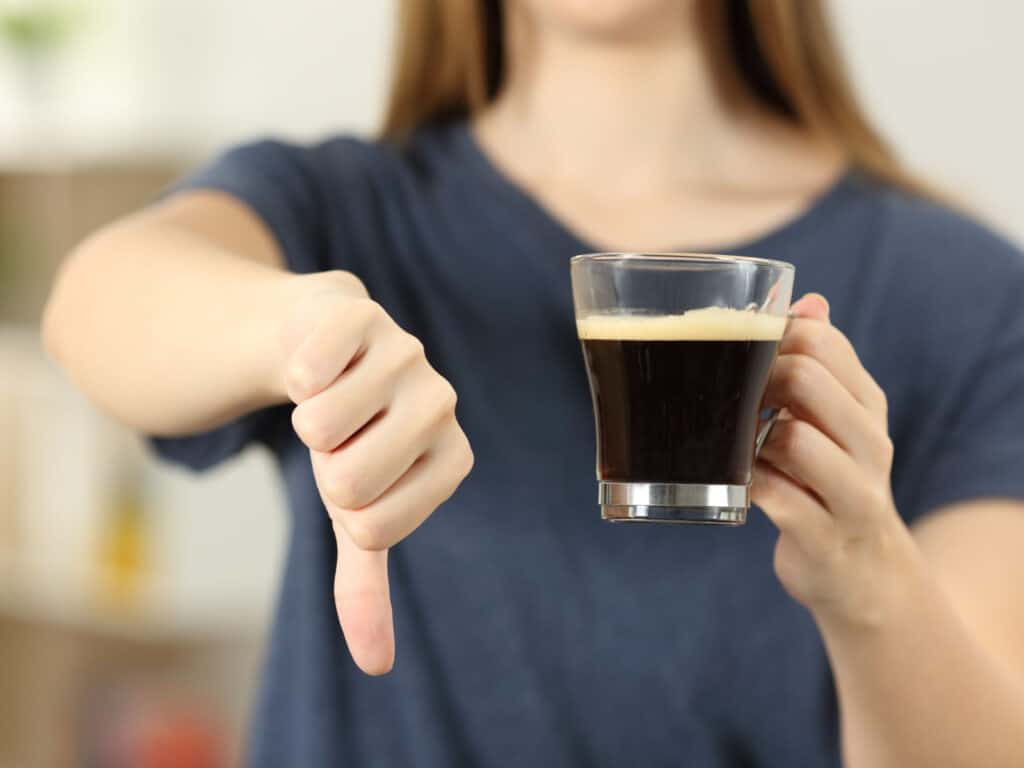
When Should Caffeine Be Avoided Before Polygraph
Someone who is not used to drinking coffee on a regular basis should refrain from having a caffeinated beverage before undergoing a polygraph test. A body with no caffeine dependence whatsoever may produce all sorts of symptoms that are similar to high stress and anxiety levels, which can affect the result of a lie detector exam.
It’s normal for some people to lose their appetite when feeling stressed or anxious.
However, trying to eat something is a must before going to the testing center. That’s because hunger can cause discomfort and, in many instances, affect various physiological processes, which can impact the result of the test.
The day of your lie detector exam is not the best time to try coffee in order to suppress your appetite simply because you are hungry but fear that having solid foods can lead to unfavorable consequences. If you are not used to having caffeine in your bloodstream, drinking a cup of coffee can trigger your fight or flight response.
Caffeine is usually completely eliminated from your system up to 10 hours after its consumption.
Just Before You Have Coffee Prior to a Polygraph
The consumption of coffee will not ruin your polygraph examination if you are used to drinking the caffeinated beverage daily. Staying away from it, on the other hand, may cause symptoms that can leave you feeling uncomfortable, which can influence the result of your lie detector examination.
What should be avoided is the intake of a caffeinated beverage when one is not used to having it — the spike in physiologic processes while there’s caffeine in the bloodstream can result in an inconclusive or a false positive result.
Maintaining a normal routine is important to remember for anyone who is scheduled for a polygraph.
Related Questions
Can you drink alcohol before a polygraph test?
In small, untraceable amounts, alcohol won’t probably harm your lie detector test. However, it’s a totally different story if you have enough of it to get you intoxicated. If the examiner realizes that you are under the influence, he or she will refuse to conduct the polygraph exam and schedule you for another day.
Can you take sleeping pills before a lie detector exam?
It can be tempting to take a sleeping pill to help you calm down while hooked to a polygraph machine. But it’s unlikely that there will be an examination in the first place as the examiner will refrain from administering the test if he or she suspects that you have taken something to relax.
Read Next: Should You be Honest on a Polygraph?

